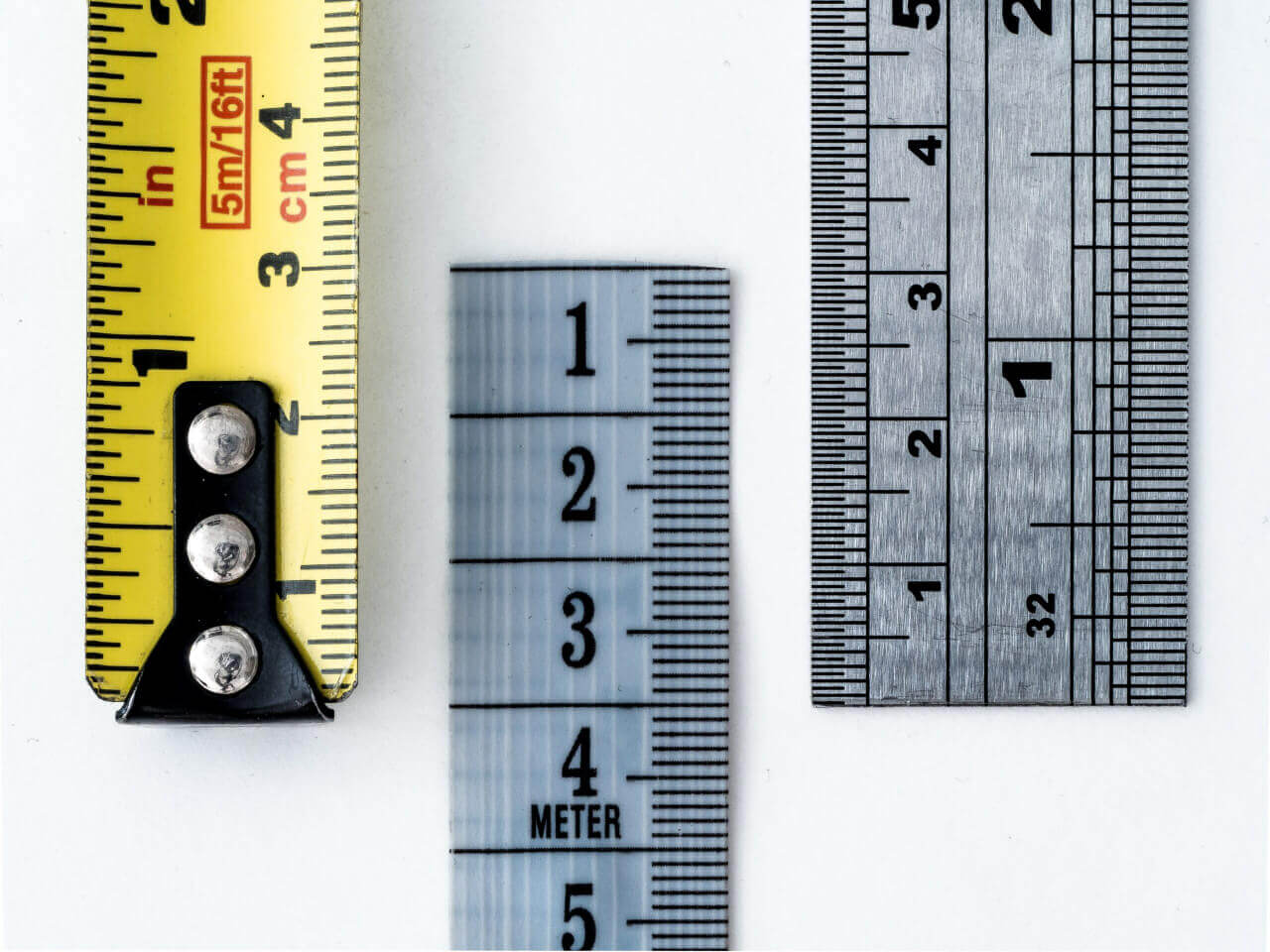
DAY FIFTEEN – MEASUREMENTS
In this Bold Experiment of 30 days of short posts looking inward with our thoughts, we are today half way to the goal. Whether or not we will make it remains to be seen, TBD, the double entendre of “to be determined.”
We have many kinds of tools, techniques, skills and instruments for measuring things besides calendars. There are clocks and computers; scales and cylinders; odometers, speedometers, hygrometers and barometers; thermometers and anemometers; tapes and wheels; meters, gauges, rulers and calipers; and who knows how many more? The defining question is what do you want to measure?
We often want a specific answer to the questions of how far, how long, how much, how often, how soon. Sometimes we measure to get a comparison; other times we need to know in order to have the right response to have the necessary resources or to make something right or to make it work. That could be anything from building something as small as a four-legged table to a skyscraper, or a rocket. Or it could be to make a change in our life and how to calculate that.
If we were to move from the world of objects to the world of human beings, what is our calculus to measure humanity? Calculus is the study of change and how we measure how we change over time has been the study of human behavior for centuries. We know a few things about change, one of which is that it is constant. If we were to compare (measure) where we are today with where we were five to ten years ago, what would we learn? If we were to project ahead, what kind of measurement might we consider in order to evaluate our progress?
REFLECTIONS:

Comments (2)
For an engineer, measurement is fascinating stuff. It is the foundation of experimental observation… and a well designed experiment can tell us what variables most affect the outcome(s) that we are, say power or acceleration. And then there is measurement uncertainty, how to be aware of it, how to account for it in our conclusions. Heisenberg’s uncertainty principle is a personal favorite – ‘we change the nature of what we measure by the mere act of measurement’ – the principle applies well to measuring human behavior too, don’t you think?
Yes, indeed we not only change what we measure by the act of measurement, we change the way we look at it. That takes me back to Max Planck, the Nobel prize winning Physicist, again and again, “When we change the way we look at things the things we’re looking at change.” I experience that phenomenon almost every day in one way or another. Fascinating stuff for sure! A phone call early this morning from someone who knows he is dying slowly and how he will measure his last days and how we will measure his life? That’s a big one!